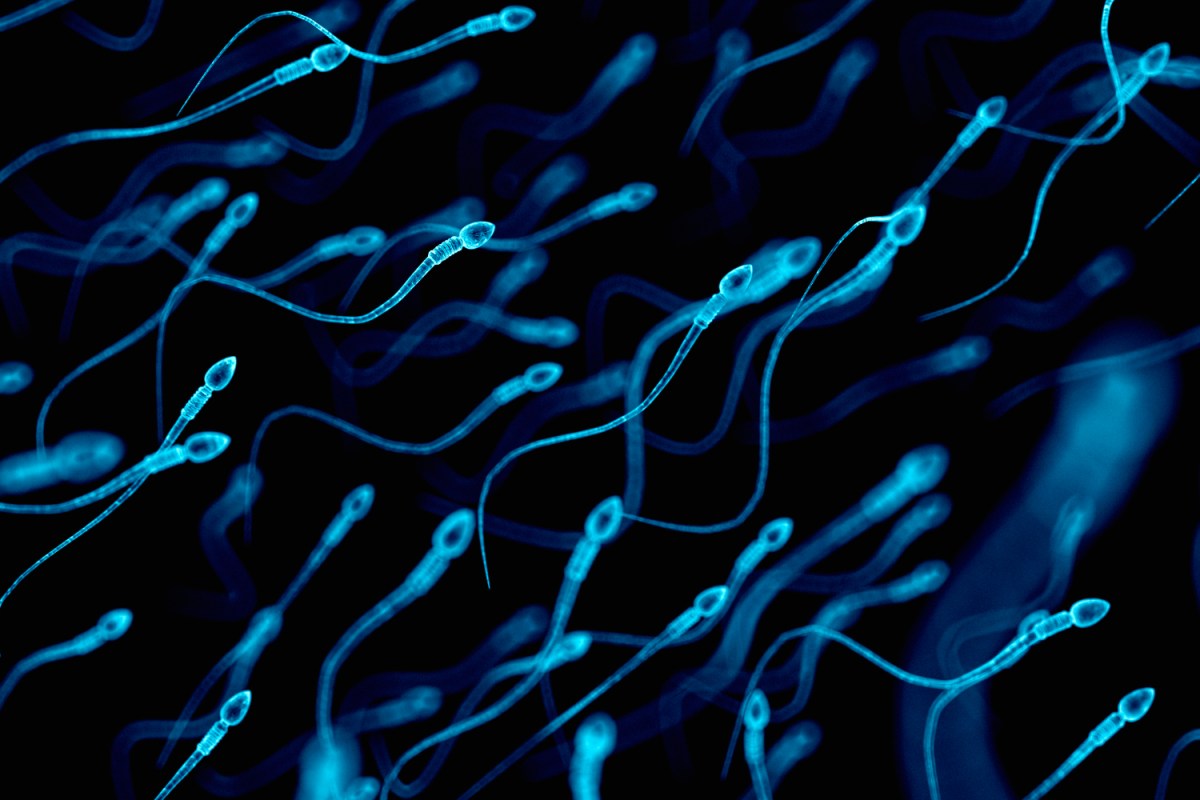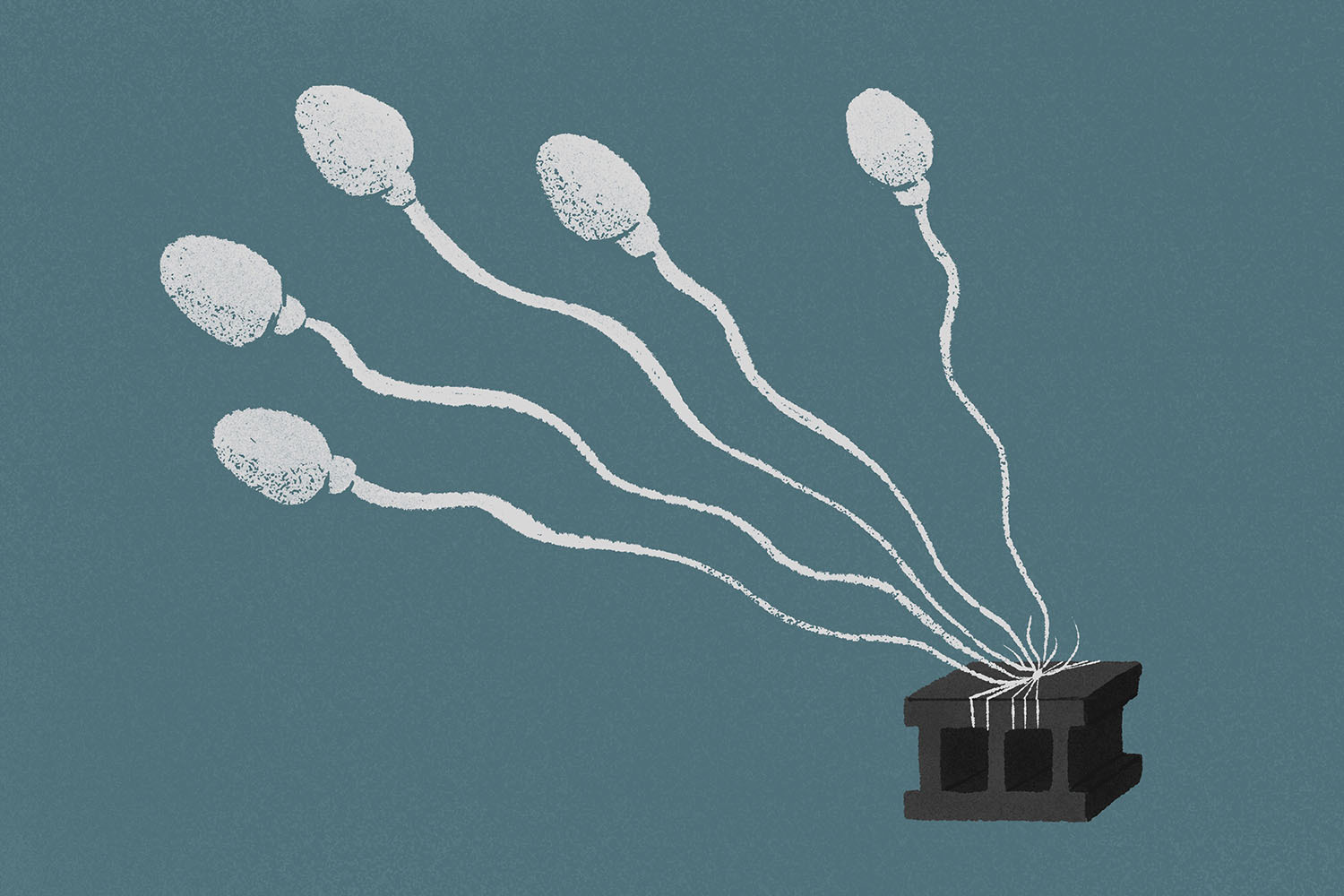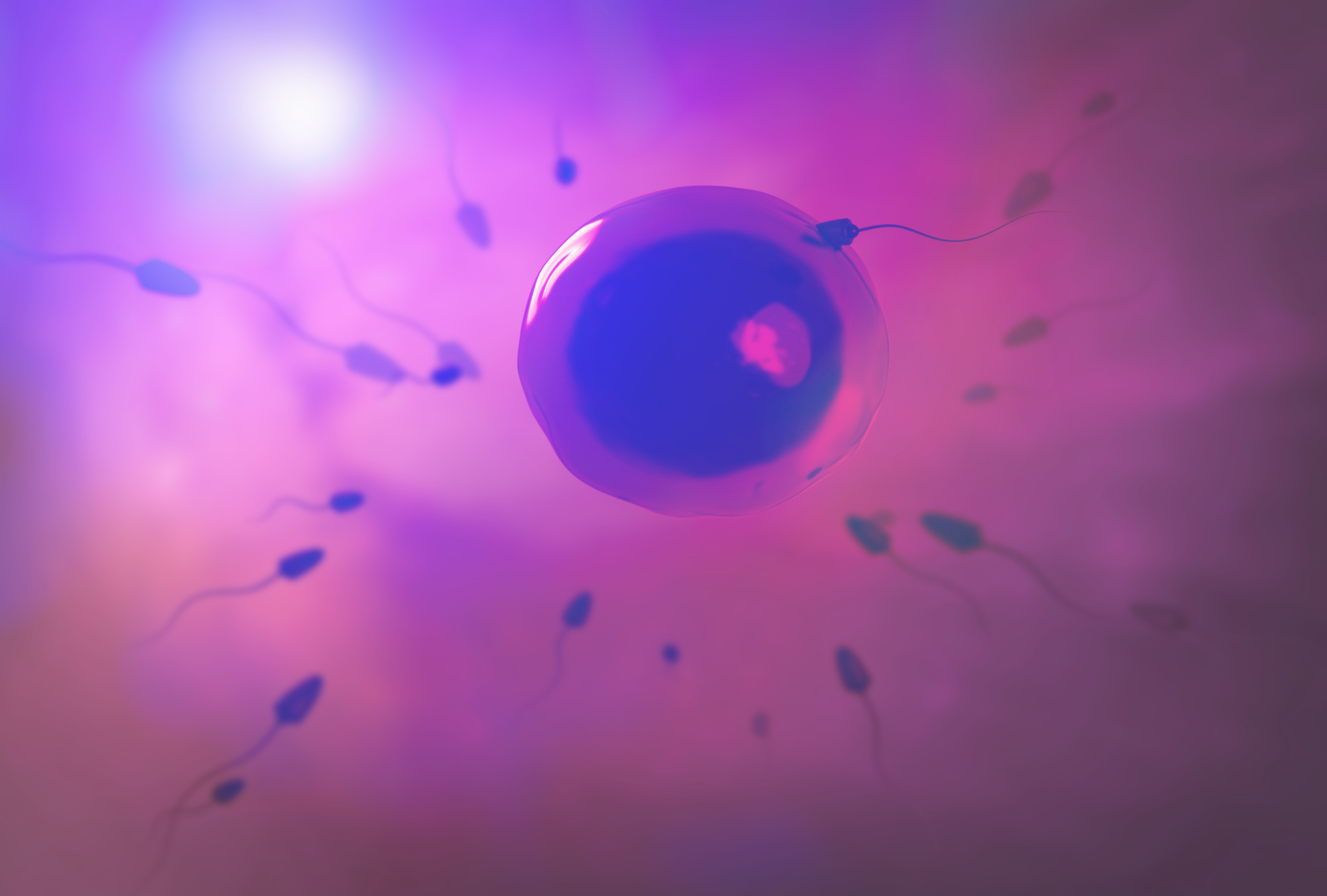As a woman who has sex with men and does not wish to bear their children, I’ve always felt threatened by the endurance of sperm. Any woman who’s ever done a series of panicked Google searches amid a pregnancy scare has encountered the terrifying fact that sperm can live in your body for up to five days, meaning that if your body decides to betray you and drop an egg at any time in those five days after an unprotected sexual encounter has you spooked, you could get pregnant. In more threatening news for spermphobic women like myself, it turns out sperm can actually survive on Mars, meaning we can’t even escape the ever-present fear of unwanted pregnancy on another planet.
Scientists have discovered that sperm could survive on Mars not just for five days, but for hundreds of years, according to new research published last week in the journal Science Advances. This terrifying little piece of information was determined after scientists studied the effects of radiation on a batch of freeze-dried mouse semen — which might be the most disgusting substance I have ever heard of — that was stored aboard the International Space Station for six years. Previously, experts foolishly believed that sperm would be no match for the destructive forces of space radiation. Unfortunately, it seems sperm is one of the most indestructible substances known to man, with the recent research finding the mouse sperm maintained its reproductive viability even after its interplanetary journey, yielding “many genetically normal offspring,” according to Professor Sayaka Wakayama, a scientist at Japan’s University of Yamanashi who led the study.
Wakayama’s team estimates freeze-dried semen could survive in space for up to 200 years. Apparently this is good news for those who have an interest in the survival of the human species, as it proves humans could potentially reproduce on Mars, which we will need to do if and when we exhaust all the earth’s resources. Of course, humans themselves can’t yet survive on Mars, even if our sperm can, so interstellar gender reveal parties are still a ways off. Sill, experts believe humans will have no choice but to migrate to other planets once we finish destroying the earth if we want our species to survive, which apparently some people do, so sperm that can survive in space is a good sign for those in that camp.
That said, sperm can only survive on Mars if humans continue to produce it. In case you haven’t heard, news of this space sperm breakthrough comes on the heels of an ongoing panic surrounding shrinking sperm counts among men back on earth, which some experts say poses as dire a threat to the human race as climate change. While resources on earth might be dwindling, so too are sperm counts, meaning we may well run out of sperm on earth before we even have a chance to try to make space babies on Mars, which, personally, I think might be for the best. If we destroy earth, why should we deserve to pick up and go destroy another planet? I say we just run down our sperm counts here on earth and call it. We had a good run.
Thanks for reading InsideHook. Sign up for our daily newsletter and be in the know.

















